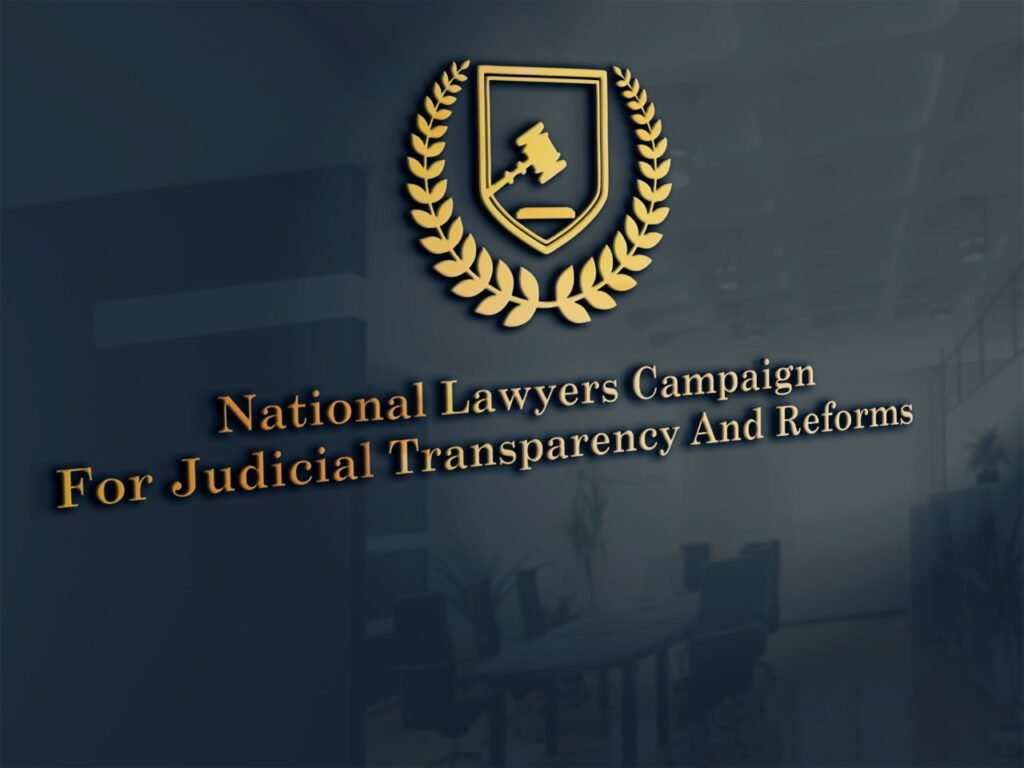About Us
Our Supreme Court is termed as the most powerful court on the planet by the so-called eminent jurists. Even the ordinary civil courts can declare an Act of Parliament to be unconstitutional, though the power is not used in actual practice. Our Supreme Court and High Courts declare even Constitutional Amendments as void.
 However, our judiciary has failed as an institution to deliver to the consumers of justice, the litigants, the public at large. Millions of the poor and underprivileged languish in jail pending trial and those convicted of serious offences spend a life time in jail waiting for their appeal to be heard. Criminal appeals of those on death row for decades are pending. The less said about the pendency in civil cases, D.V cases involving widow and women in distress, the better. Our judiciary continues to be the most feudal, while judiciary elsewhere around the world have become more people friendly and diverse.
However, our judiciary has failed as an institution to deliver to the consumers of justice, the litigants, the public at large. Millions of the poor and underprivileged languish in jail pending trial and those convicted of serious offences spend a life time in jail waiting for their appeal to be heard. Criminal appeals of those on death row for decades are pending. The less said about the pendency in civil cases, D.V cases involving widow and women in distress, the better. Our judiciary continues to be the most feudal, while judiciary elsewhere around the world have become more people friendly and diverse.
The judges of our Supreme Court and the High Courts are, almost without an exception, the kith and kin of former judges, senior lawyers, their juniors and a few well politically connected, sons and daughters of Governors, Chief Ministers and political heavy weights. The higher judiciary is nothing but the dynasty of a few families of lawyers and judges.
Our judiciary speaks of freedom of speech and liberties, but when it comes to the criticism of its functioning, it is least tolerant. Nowhere else in the world, is the power of contempt, particularly “contempt by scandalization”, so widely used as it is in India. Countries such as Pakistan, Burma, Bangladesh, etc. may be the exceptions.
It is said that there cannot be smoke without a fire. Today, not merely in the corridors of the court, but among journalists and elsewhere, judicial corruption is a topic of discussion, though hushed for fear of contempt of court. The question is, “Quis custodiet ipsos custodes?” – Who will guard the guards themselves? Our judges enjoy absolute immunity in judicial proceedings. They are not accountable to anyone except the Almighty. The Supreme Court in Veeraswamy’s case extended the immunity they enjoy to cover even offences unrelated to judicial proceedings. Today, no FIR can be registered against a judge of a High Court or Supreme Court even for corruption, sexual offences, etc without the prior permission of the Chief Justice of India, a task a station house officer would shudder to undertake.
The Supreme Court in the year 1993 by a judicial coupe re-wrote the constitution by way of a self serving judgement and usurped to itself the power of appointment of judges. Time proved the adage, blood is thicker than water, to be true. They appointed only their kith and kin, sons, daughters, nephews, in-laws and their juniors.
When the constitution came into force, there was no system of designation of lawyers as seniors by the judges. It became common only in the 2000s. The judges who came to occupy the seat of justice through the collegium, went on to designate their kith and kin, their juniors, the elite who are politically connected as senior advocates, to the ridicule and detriment of others who are far more competent and deserving and who are true seniors in age, knowledge and practice.
Today, the scenario is that a few family of judges and lawyers and politicians have completely hijacked the institution of judiciary, the bar and the bench. They indulge in eulogising themselves using their media and publicity prowess. Using seemingly sound but misleading phrases like “basic structure” and “independence of judiciary”, they have emasculated and handicapped the Parliament and the Executive. In the name of the independence of judiciary, they aborted the National Judicial Appointments Commission (NJAC) a mechanism which the Parliament – we the people- had enjoined as a remedy to the opaque collegium system. Little did the public know that NJAC was a mini collegium where the judges still had a predominant role.
Our judiciary is in dire straits. It the duty of every right thinking citizen, particularly, lawyers, judges, law students, the press, to contribute to the strengthening of the institution of judiciary, to make it accountable, transparent and accessible, to make it a true third estate of the state, the sentinel qui vive of the rights, freedom and liberties of its people.

